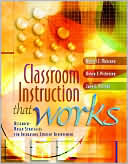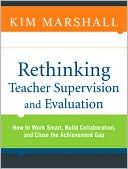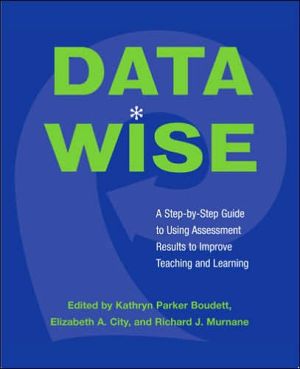Many Children Left behind: How the No Child Left Behind Act Is Damaging Our Children and Our Schools
Signed into law in 2002, the federal No Child Left Behind Act (NCLB) promised to revolutionize American public education. Originally supported by a bipartisan coalition, it purports to improve public schools by enforcing a system of standards and accountability through high-stakes testing. Many people supported it originally, despite doubts, because of its promise especially to improve the way schools serve poor children. By making federal funding contingent on accepting a system of tests and...
Search in google:
The No Child Left Behind (NCLB) Act is counterproductive and destructive to the goal of improving public education in the United States, collectively argue the contributors of these six essays. They describe how the "test and punish" regime of the NCLB, because disabilities are strongly correlated with poverty, will further damage the ability of schools in poor communities to provide for their students as they fall behind in testing scores and are punished for it financially. They also explore how the NCLB can be considered a Trojan horse for school privatization and put forth an alternative agenda for school reform. Annotation ©2004 Book News, Inc., Portland, OR Publishers Weekly In this slim but impassioned manifesto, the founding members of an education think tank argue that the controversial and underfunded No Child Left Behind Act, as currently implemented, is "more likely to undermine the nation's public education system than to improve it." The first section delineates the "baffling" and unfortunate consequences (e.g., cutting kindergarten nap time and middle school recess) of needing more time to prepare for mandated high-stakes tests. The second section looks outside the classroom at gaps in school spending, public involvement (participation on school boards has dropped from one citizen in 500 to one in 20,000) and student health (black children in Detroit, for example, are 16 times more likely to be overexposed to lead than are their white counterparts). As Alfie Kohn (Punished by Rewards) argues, built-in negative consequences make NCLB "a stalking horse for privatization." In the third section, Monty Neil, executive director of the National Center for Fair & Open Testing, offers alternative plans that place accountability more firmly on the shoulders of the state than on the test performance of the child. Though occasionally repetitive, this book is a clarion call for a public education that serves all children well and a reminder that our functioning democracy is at stake. (Sept.) Copyright 2004 Reed Business Information.
IntroductionPreamble : a reminder for Americans1From "separate but equal" to "no child left behind" : the collision of new standards and old inequalities32A view from the field : NCLB's effects on classrooms and schools333NCLB's selective vision of equality : some gaps count more than others534NCLB and democracy665NCLB and the effort to privatize public education796Leaving no child behind : overhauling NCLB101
\ From Barnes & NobleWhen the No Child Left Behind Act (NCLB) was signed into law in 2002, Bush administration supporters hailed it as a giant step for American education. Recently, though, critics have argued that NCLB enfeebles the very schools and students it purports to empower. This sharply targeted book argues that the bill's "system of standards and accountability" actually handcuffs teachers and dumbs down classrooms. Moreover, this devastating brief shows how NCLB weakens public education and reduces students into rote-minded test takers.\ \ \ \ \ Publishers WeeklyIn this slim but impassioned manifesto, the founding members of an education think tank argue that the controversial and underfunded No Child Left Behind Act, as currently implemented, is "more likely to undermine the nation's public education system than to improve it." The first section delineates the "baffling" and unfortunate consequences (e.g., cutting kindergarten nap time and middle school recess) of needing more time to prepare for mandated high-stakes tests. The second section looks outside the classroom at gaps in school spending, public involvement (participation on school boards has dropped from one citizen in 500 to one in 20,000) and student health (black children in Detroit, for example, are 16 times more likely to be overexposed to lead than are their white counterparts). As Alfie Kohn (Punished by Rewards) argues, built-in negative consequences make NCLB "a stalking horse for privatization." In the third section, Monty Neil, executive director of the National Center for Fair & Open Testing, offers alternative plans that place accountability more firmly on the shoulders of the state than on the test performance of the child. Though occasionally repetitive, this book is a clarion call for a public education that serves all children well and a reminder that our functioning democracy is at stake. (Sept.) Copyright 2004 Reed Business Information.\ \








